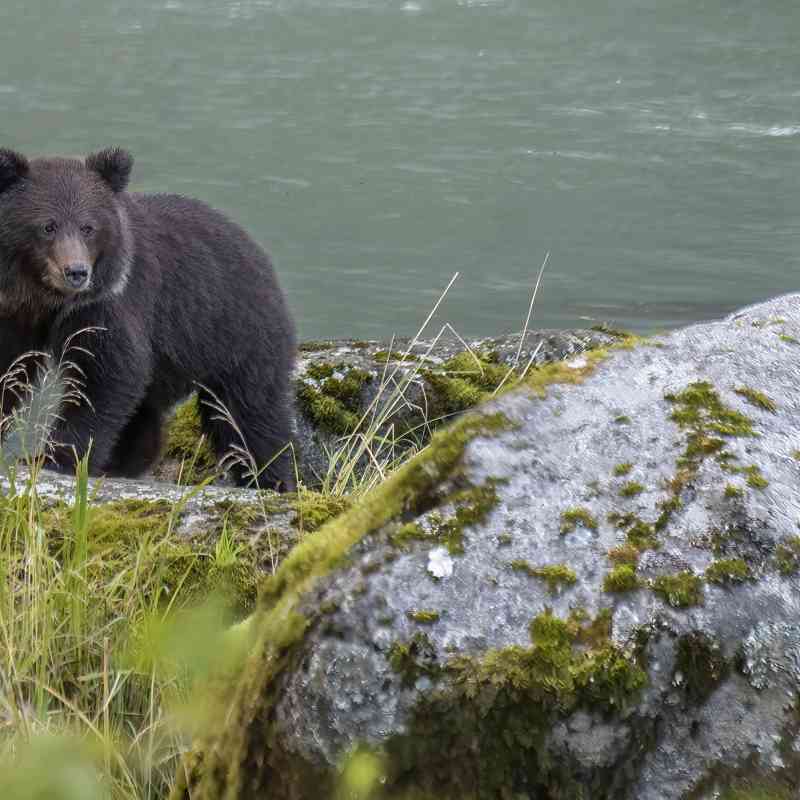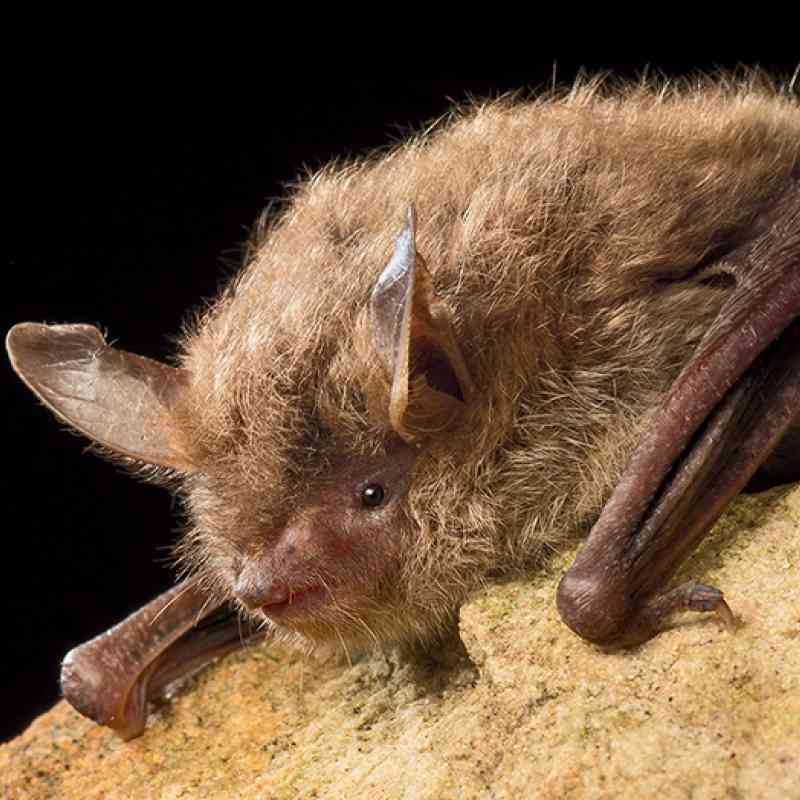FOR IMMEDIATE RELEASE
Date: September 16, 2014
Contact: Suzanne Stone: sstone@defenders.org; (208) 861-4655
Melanie Gade: mgade@defenders.org (202) 772-0288
Blaine County Says No More Wolf Killing
KETCHUM, Idaho – The City Council of Ketchum in Blaine County unanimously passed a resolution yesterday requesting that the State of Idaho use nonlethal tools – guard dogs, strobe lights, electric fencing – over lethal tools – aerial gunning, hunting and trapping – to manage wolf and livestock conflicts in Blaine County. The resolution requests that the State of Idaho “recognize the importance of recreation, tourism and wildlife to our citizens and economy, not expand lethal control of wolves within Blaine County, reconsider its estimates of a viable wolf population, and to work cooperatively with the Wood River Wolf Project.” This is first time a town in Idaho has passed a resolution against the use of lethal control on wolves county-wide.
Blaine County is home to the Wood River Project, the nation’s largest co-existence operation which uses nonlethal tools to protect 25,000 sheep annually grazing on the Sawtooth National Forest. Despite being one of the highest concentrations of wolves and livestock sharing the same landscape, the project area has the lowest loss rate of livestock to wolves statewide. The resolution states that the Wood River Project continues to demonstrate predators and livestock can coexist, and urges the rest of the county to employ Wood River’s successful coexistence strategies.
Today’s resolution is critical in light of Governor Otter’s recently passed “wolf control board” which is funded by up to two million in taxpayer dollars to drive Idaho’s current wolf population of 659 wolves down to as few as 150 animals exclusively using lethal control. Today’s resolution will oppose the wolf control board from using its money to kill wolves in Blaine County.
Suzanne Stone, Idaho resident and Defenders of Wildlife Senior Representative for Rockies and Plains issued the following statement:
“Blaine County is leading a cultural change in the way this nation and state manages its wolves and other predators. For too long wildlife officials have relied on killing wolves in an effort to reduce conflicts with livestock. Today’s resolution reaffirms that Idaho’s reliance on extermination is not embraced by all residents. Nonlethal tools are the future of wildlife management, and we are thrilled to see the City of Ketchum formally embrace these more effective methods for living with wildlife.”
Background: Unlike lethal management, nonlethal tools prevent conflict between wolves and livestock before it occurs. Nonlethal tools are more cost effective and more sustainable in the long term than simply killing wolves or other native wildlife. Wolves are territorial, and other wolves or predators will soon take the place of the wolves that were killed, reclaiming the unoccupied habitat. Soon, the whole pattern repeats itself. The use of nonlethal tools helps prevent this recurring problem by separating livestock and wolves before a conflict ever occurs.
Since 2009, hunters, trappers and government officials have killed 1470 wolves in the state, and state officials are working non-stop to accelerate this decline. Since December, Idaho state officials have authorized aerial gunning programs, paid a trapper to kill entire wolf packs in a designated wilderness, turned a blind eye towards wolf killing derbies and liberalized hunting and trapping regulations to kill as many wolves as possible, including pups. Breeding pairs in Idaho have declined by 59 percent since 2009, with an estimate of only 20 known breeding pairs left in the state by the end of last year. That’s fewer breeding pairs than in either Montana or Wyoming, despite Idaho’s originally larger wolf population and greater amount of wild habitat.
###
Defenders of Wildlife is dedicated to the protection of all native animals and plants in their natural communities. With more than 1.1 million members and activists, Defenders of Wildlife is a leading advocate for innovative solutions to safeguard our wildlife heritage for generations to come. For more information, visit www.defenders.org and follow us on Twitter @DefendersNews.
Defenders of Wildlife is celebrating 75 years of protecting all native animals and plants in their natural communities. With a nationwide network of nearly 2.2 million members and activists, Defenders of Wildlife is a leading advocate for innovative solutions to safeguard our wildlife heritage for generations to come. For more information, visit defenders.org/newsroom and follow us on Twitter @Defenders.

